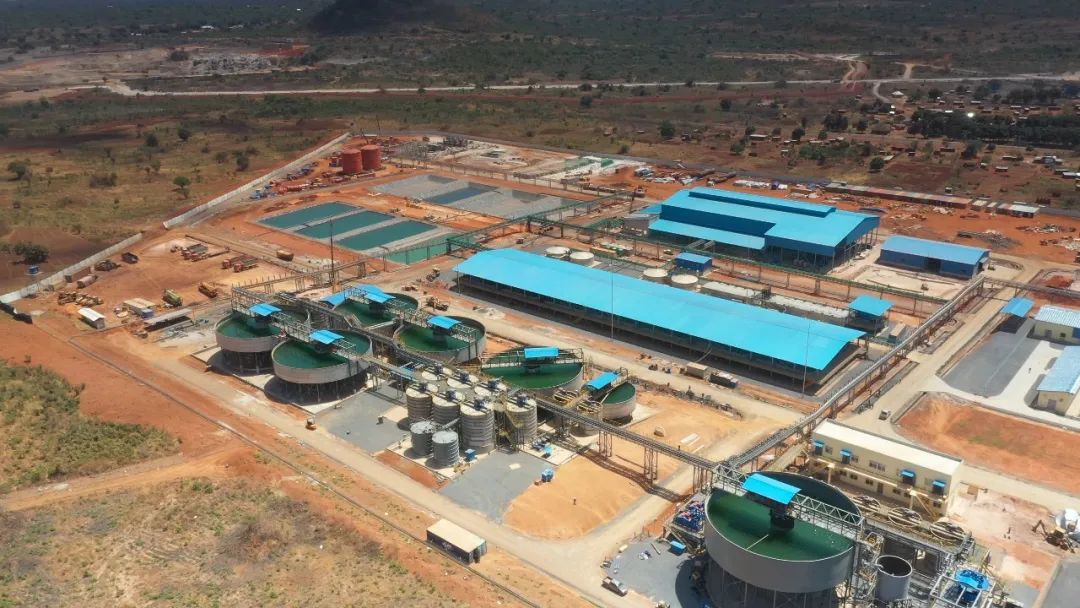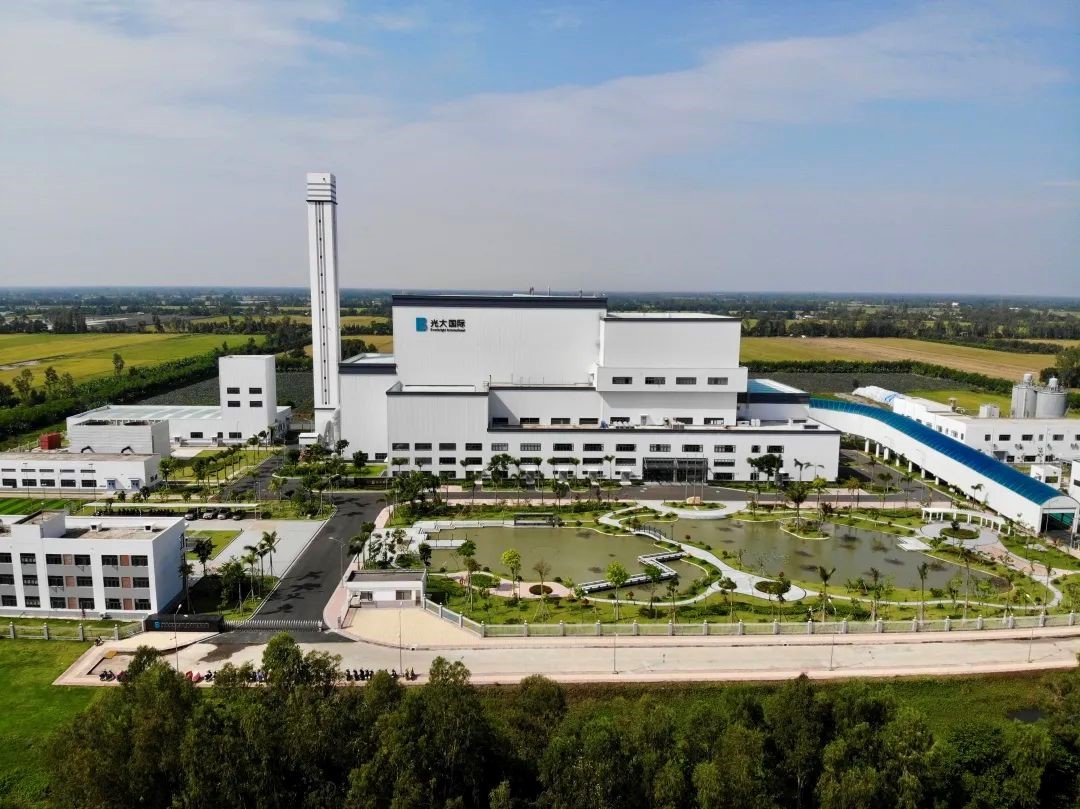Belt and Road Practical Guide: How to resolve disputes on the Belt and Road
By King & Wood Mallesons
How many Belt and Road (“BAR”) tenderers study and make detailed comments on the draft contract’s dispute resolution clause? Not very many. And yet this clause is one of the most important components of the contract, because claims are bound to arise on BAR projects, not least because many of the projects occur in countries with high political, operational, and legal risk. If the parties cannot settle them, they will need to rely upon the dispute resolution clause to resolve their disputes.
All too often, parties automatically draft in “laws of England and Wales”, “arbitration in England”, “arbitration in Singapore”, “Singapore law”, as this is what they are used to doing. In BAR projects, it is important to give proper thought as to the logic of whether these are really the most suitable provisions to include.
It is worthwhile for BAR tenderers to pause and consider the dispute resolution clause very carefully, and decide whether they need to go back to the Employer and / or the Lenders to explain why more thought about the dispute resolution clause might be beneficial to all parties concerned. Some Employers/Lenders will say: “no, we are not changing this clause”. But others can be persuaded, perhaps as a trade-off for other concessions.
There is no doubt that dispute resolution clauses on BAR projects should utilise arbitration as the principal mode for resolving disputes. International parties prefer arbitration because it is: private and confidential; less formal than court proceedings; and easier to enforce in different jurisdictions. But arbitrate where? And according to the laws of which jurisdiction?
A good dispute resolution clause should contain the following components
Where is the arbitration to be held?
On a BAR project, it will often be thought that CIETAC arbitration in the People’s Republic of China (PRC), or arbitration in the BAR host country, will not be sufficiently neutral to be acceptable to at least one party. That is partly why parties often draft in London or Singapore (sometimes Stockholm or Paris). But what about arbitration in Hong Kong? Hong Kong benefits from the “one country, two systems” legal regime, such that it is still a common law jurisdiction, with very efficient, independent common law judges and one of the world’s foremost courts of final appeal.
But the BAR host often says “we are worried about Hong Kong, because it is not sufficiently independent of the PRC”. That is a serious error by the host. It demonstrates that the host does not actually understand that selecting Hong Kong as the arbitration forum is actually of great benefit to the host BAR participant itself. Why? Because of the “Arrangement Concerning Mutual Enforcement of Arbitral Awards between the Mainland and Hong Kong (the “Arrangement”)”, the special agreement which the Mainland Government has with the Government of Hong Kong. In accordance with the Arrangement, where a party fails to comply with an arbitral award made in Hong Kong, the other party may apply to the relevant People’s Court to enforce the Hong Kong award.
The Supreme People’s Court has directed that where any lower court is minded to refuse enforcement of a Hong Kong award under the Arrangement, the lower court must first consult with the Supreme People’s Court, and the Supreme People’s Court itself will decide whether or not to grant the enforcement. Anecdotally, there have been no reported refusals to grant the enforcement of a Hong Kong award under this Arrangement.
In other words, it is for the host’s benefit that Hong Kong should be selected as the forum for arbitration, because of the enhanced enforcement rights that this will give over awards made in London, Singapore, Stockholm or Paris.
For the PRC participant, Hong Kong has obvious attractions, not only as the “brother” of the Mainland, but through its impeccable rule of law, efficiency in processing matters, wide range of arbitration institutions and arbitral rules on offer, plus its cultural proximity.
Governing law
A neutral law can be chosen to govern the substantive disputes, for example, that of Hong Kong, England and Wales or Singapore. There is no difficulty in considering any of these laws while at the same time specifying Hong Kong as the forum. For example, one can have a dispute resolution clause which prescribes Hong Kong arbitration, with the governing law being that of England and Wales…
Please click to read the full report.




